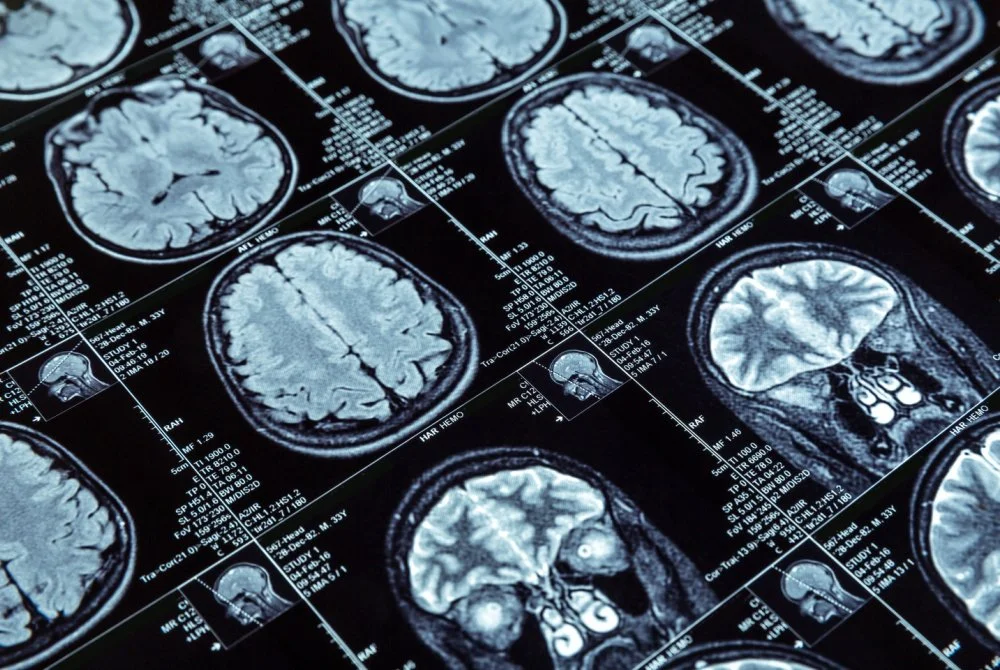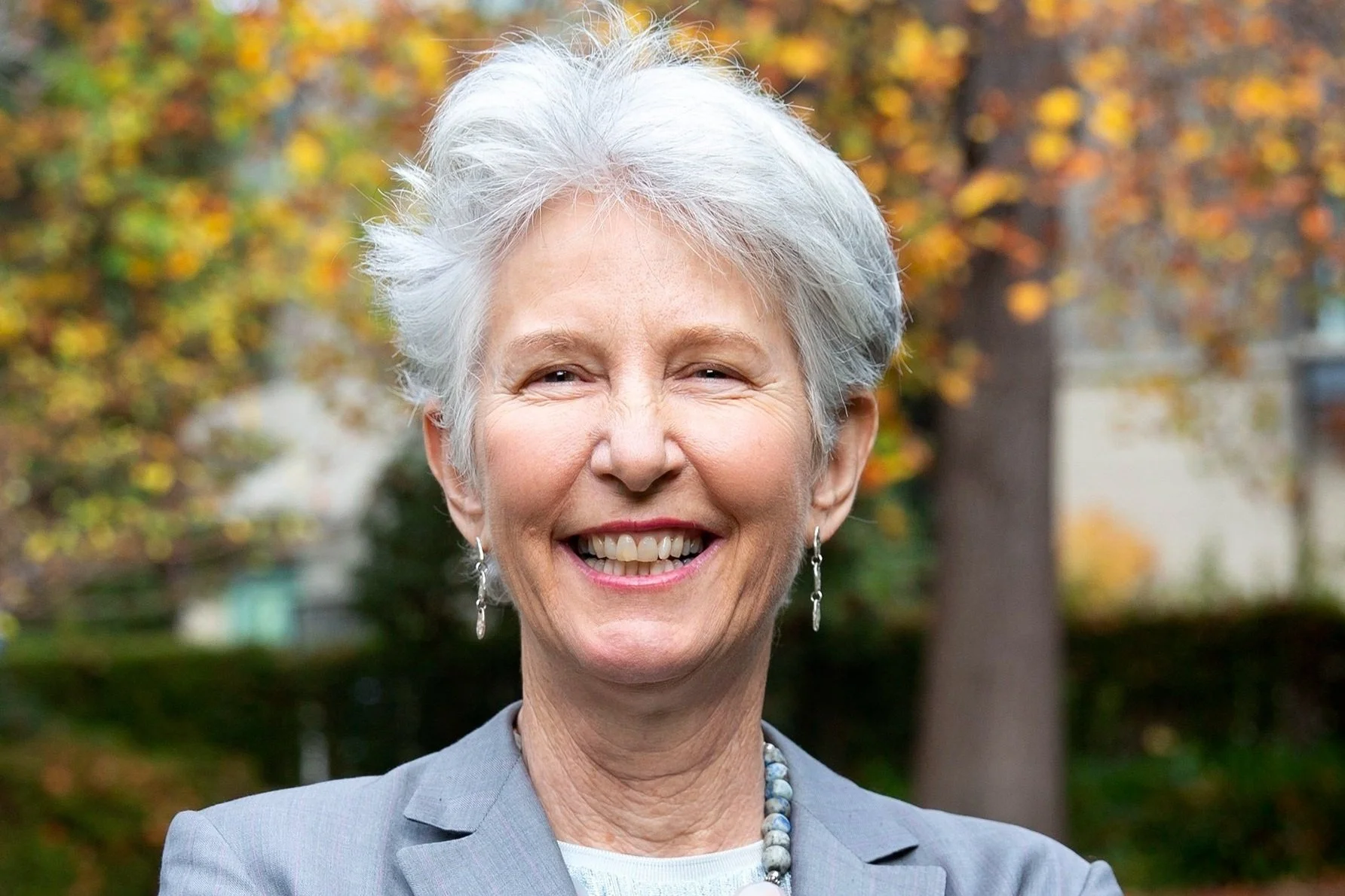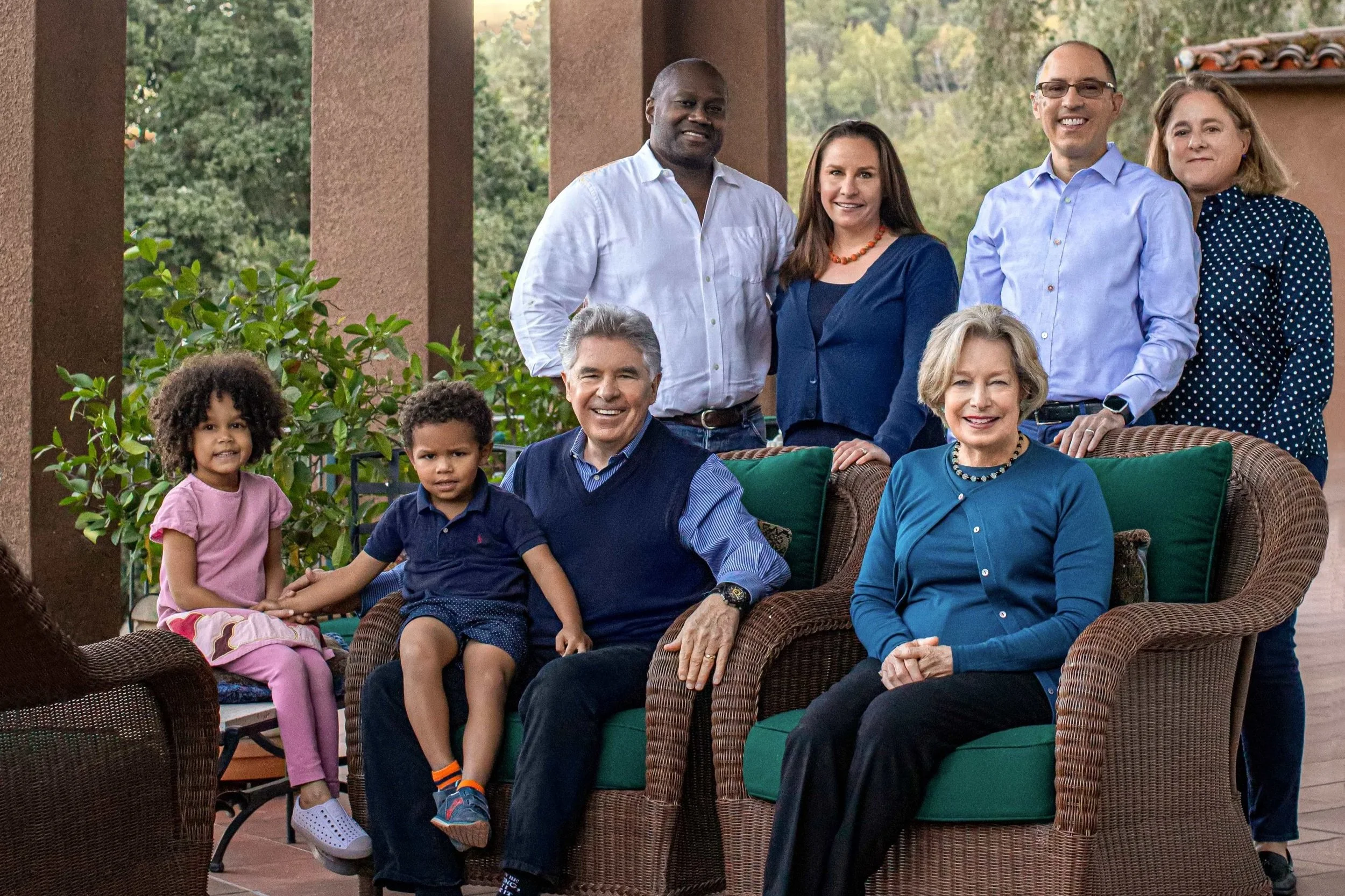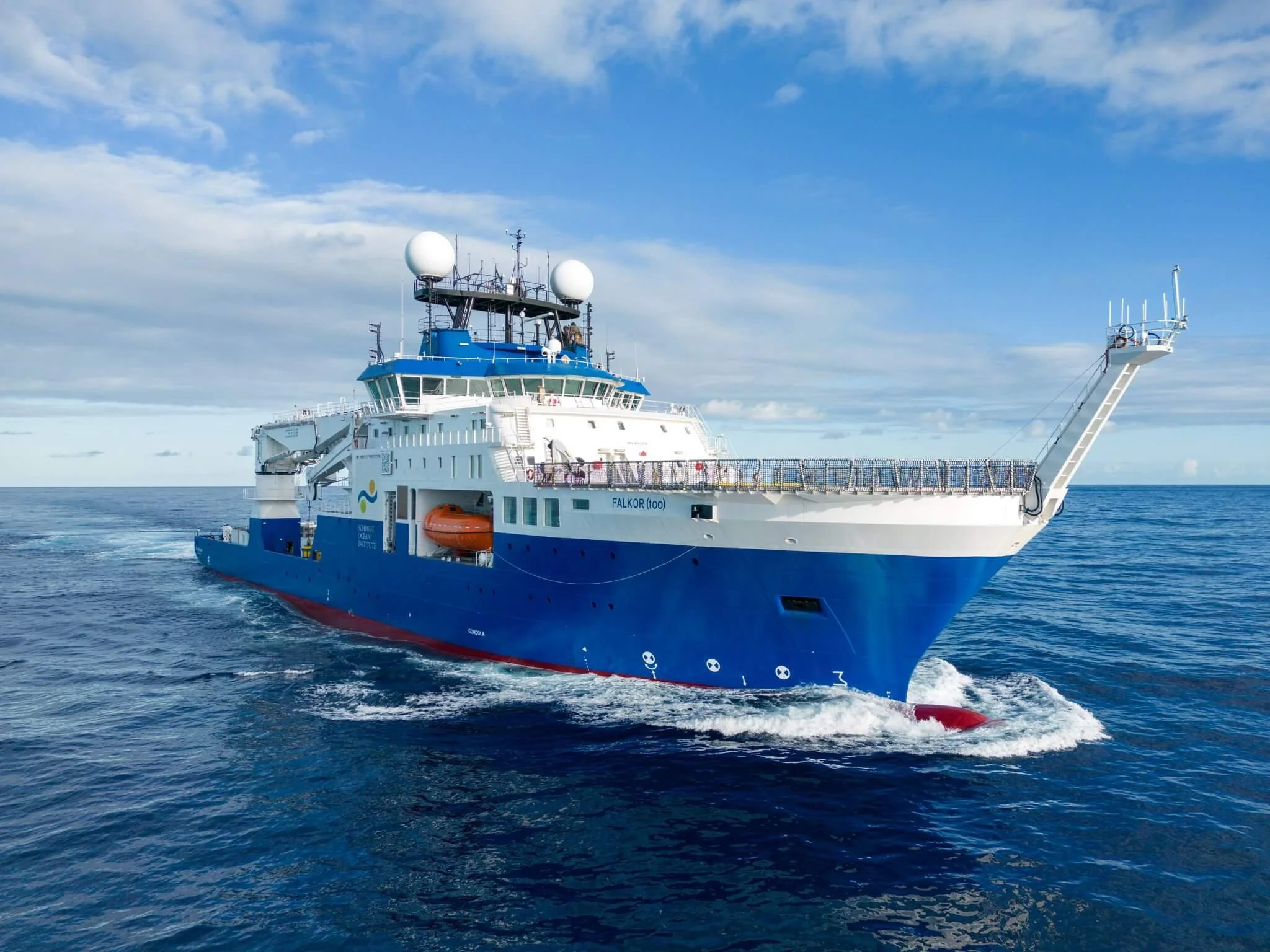A Science Funder Connects STEM Grad Students to Global Health—and the Gates Foundation
/photo: lembi/shutterstock
Sarah Hooper is a Ph.D. student in electrical engineering who’s studying applications of machine learning on global health issues like malaria diagnosis.
Alex Ferris is a bioengineering student developing a model for the spread of disease and crop loss in cassava root.
And Alex Siegenfeld is studying how statistical physics can help us understand certain social and political phenomena, focusing on malaria in Nigeria.
These are a few of the winners of a new fellowship from science education funder the Fannie and John Hertz Foundation, an interesting program that sends Ph.D. students from all sorts of scientific disciplines to spend their summers working in global health and development. Fellows work two summer internships at the Gates Foundation as part of a partnership between Hertz and the philanthropic juggernaut.
A round of six new fellows was announced last month after an inaugural cohort of two students in 2017. The fellowship is intended to provide students in STEM with hands-on experience in global health issues, and to inspire them to engage with such challenges. It’s a unique educational opportunity, but also related to a trend in science philanthropy of putting researchers from varied disciplines into new contexts, or otherwise combining different areas of study, to encourage innovative crossovers.
The Hertz-Gates Fellowship in Global Health and Development is a supplemental program to the Hertz Foundation’s graduate fellowship, which has been running for more than 60 years. Fellows receive full tuition and a personal stipend, renewable for up to five years, and must be studying applied physical and biological sciences, mathematics or engineering at a list of participating universities.
To date, there have been around 1,200 fellows, and they’ve gone on to secure thousands of patents and win major awards like the Breakthrough and two Nobel prizes. Hertz fellows can now apply for the Hertz-Gates Fellowship, which adds on stints at the Gates Foundation working for program teams in global health or development.
The Hertz Foundation’s sole purpose is to support science education, and its fellowship targets one of the most challenging periods in a young researcher’s career. The foundation has been around since 1957, when it was established with a very 1950s-sounding intent to “enhance the technological stature of the United States.” It’s based in the wealth of John Hertz, who led a pretty fascinating life and career with various automotive companies (he founded Yellow Cab), but is probably best known for Hertz rental cars.
And you might be familiar with the Gates Foundation. While such a partnership between two foundations makes sense regardless, this does underscore just how prominent Gates is in the world of global health.
It's primarily an educational fellowship, but one of the more interesting components of the partnership is that mashup of many disciplines and global health work. Funder interest in introducing science researchers to a new setting is particularly relevant in biomedical and health research, and as scientists explore new applications of data and computer science. We’ve covered this kind of funding in the Simons Foundation’s Flatiron Institute, for example, which brings computer scientists, physicists and biologists under one roof. Most recently, the Wellcome Trust’s LEAP program seeks to back risky research, including that which crosses disciplines.
Related:







































